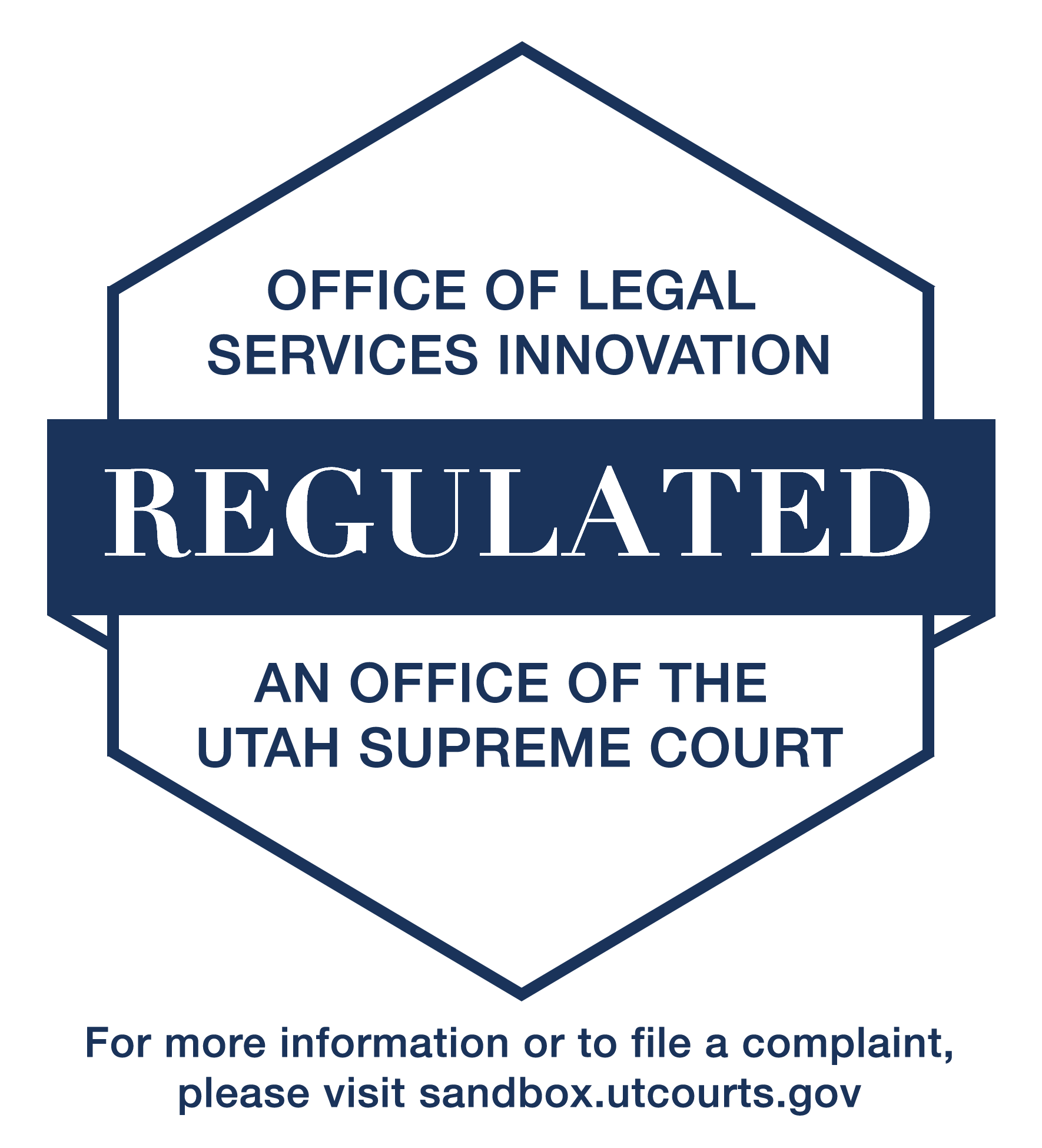GOT RENT?
If your ability to pay rent has been affected by the COVID-19 Pandemic, you are not alone. There is a lot of talk out there about what relief is available, and a lot of it depends on what you have worked out with your Landlord, if anything. Here is information to help, and a couple of tips and ideas that might provide you some assistance.
1. First and foremost, reach out and talk to your landlord about your situation. Of course, it is always better to be informed about your rights before you speak to them, so read on.
2. You might be protected under the CARES Act (the Coronavirus Aid, Relief, and Economic Security Act) that temporarily prohibits evictions and late fees for properties secured by certain government-backed mortgages. HUD.gov provides updates on housing relief for renters in a multi-family property insured by FHA or participating in a HUD program.
a. Act right now. Contact your landlord immediately.
b. If you receive HUD-funded rental assistance, ask for an Income Recertification right away. This may adjust your rent based on your change in circumstances. This is actually a good idea for anyone that receives housing assistance from any program. Reach out to them and let them know how your ability to pay rent has been affected by the COVID-19 pandemic.
c. Evictions have been suspended on these properties through July 25, 202 for non-payment of rent. Remember, it doesn’t mean you don’t owe the rent, you still need to pay.
d. See the document “Addressing Tenant Concerns During the COVID-19 National Emergency” on the HUD website, under help for renters for state by state information.
3. Research your specific city, county and state. Many areas have enacted bans on evictions similar to those discussed above at the city, county and state levels. By way of example:
a. Arizona has implemented a 120 day moratorium on evictions, but will require renters to provide documentation stating that they are still responsible for paying the rent owed under the lease.
b. Little Rock Arkansas has stopped evictions of low income housing during this period.
c. California has authorized its local governments to pause evictions for renters for a period of time, so it comes down to each county/state. (Los Angeles Mayor issued an executive order that no landlord can evict a tenant in the City for a temporary period of time, and the tenant will have up to 6 months to pay the back rent.)
d. The City of Denver, Colorado, the States of Delaware, Indiana, Iowa, Kentucky, Kansas and others have all paused evictions for a period of time. It’s important to research your city, county and state to see what options are there for you.
4. Some lenders are providing property owners a 90 day forbearance on their mortgage. As a result, you may be able to request the same from your landlord. See if you can request 90 days of no rent. There are three possible outcomes: i) They say yes; ii) They say yes, but tack on the 3 months of rent that you didn’t pay on the end of your lease (remember, you are staying in their property); or iii) they say “no”. In any event, you are in no worse a position than if you do nothing.
Couple important things to keep in mind. You have probably signed a legally binding agreement, so if you have any questions about your agreement, it might be best to contact an attorney in your area. Try downloading the 1LAW app to find an attorney near you.
Additionally, usually to receive any kind of assistance you may have to show that you have been actually affected financially by the pandemic. This can be shown in many ways, that you have lost your job, hours at work, a loved one has lost their job, you have contacted the virus, you have had to stay home to take care of young children you have been unable to attend school, or any other way that has impacted you.
—
Warmest regards,
Steven James Park, LL.M




